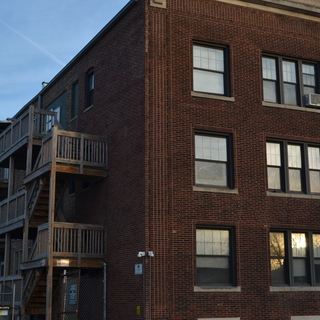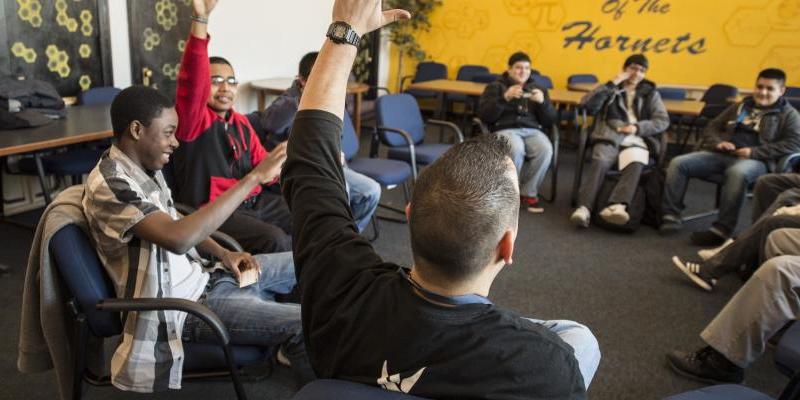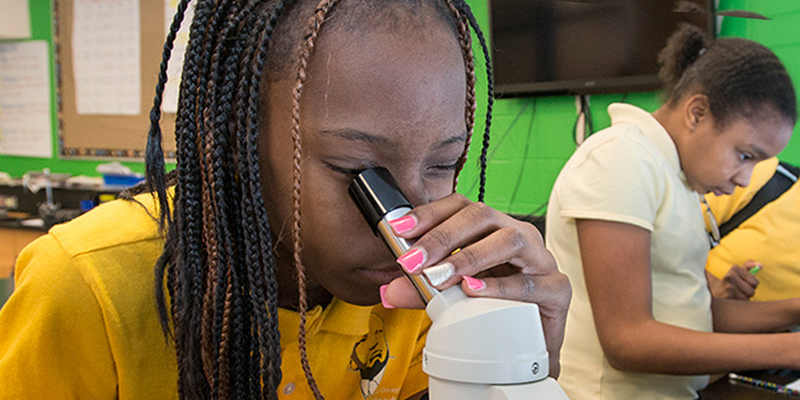Inclusive Economy Lab Ending Family Homelessness
Housing instability is traumatic and harmful for all members of a family. Experiencing homelessness is associated with a wide range of negative outcomes, including increased rates of hospitalization, increased likelihood of being diagnosed with a mental illness or substance use disorder, and diminished future employment outcomes. Children who have experienced homelessness are more likely to face acute and chronic health problems, more likely to struggle socially and emotionally, and are twice as likely to drop out of school as other children with stable housing.4 In order to protect families from the damaging effects of housing instability, it is important to study family homelessness and take meaningful steps toward ending it.
Thousands of families in Chicago experience homelessness each year, but only a small percentage access shelters or other housing supports from the homeless services sector. Many of us think of homelessness in relatively black-and-white terms: either you are housed, or you are unhoused. In reality, many people teeter on the brink of losing their housing for months or even years. They may be one unexpected bill away from failing to make rent, unable to find enough money for a security deposit to move to more affordable housing, or forced to couch surf with friends and relatives to keep off the street. For the families that do access supports in the homeless services sector, the Homeless Management Information System (HMIS) keeps detailed information on their housing status. However, these data do not capture the many families that resort to other living arrangements after losing housing, like living doubled up with friends and family. Consequently, relying exclusively on HMIS to inform local policy on family homelessness risks dramatically underestimating the scale of the need and resources required.
Many families that do not access the shelter system do interact with other government agencies, and in most cases have children enrolled in Chicago Public Schools (CPS). The school district identifies students who are experiencing any type of “temporary living situation,” ranging from living in places not meant for human habitation to staying doubled up with family or friends. For this reason, data collected by the school district is helpful in understanding the full scale of family homelessness in Chicago. Unfortunately, legal restrictions on data sharing have historically presented challenges to learning about who these families are.
In partnership with CPS, All Chicago, and the Corporation for Supportive Housing, Urban Labs has linked data from the homeless service and education sectors in Chicago to estimate the total number of families experiencing homelessness, follow families’ pathways to experiencing homelessness over time, and project the number of families that will experience homelessness in the next year along with their housing needs. Findings will be used to identify new opportunities to support families experiencing homelessness and also intervene early to stabilize families confronting housing instability.
Ending Family Homelessness Report




